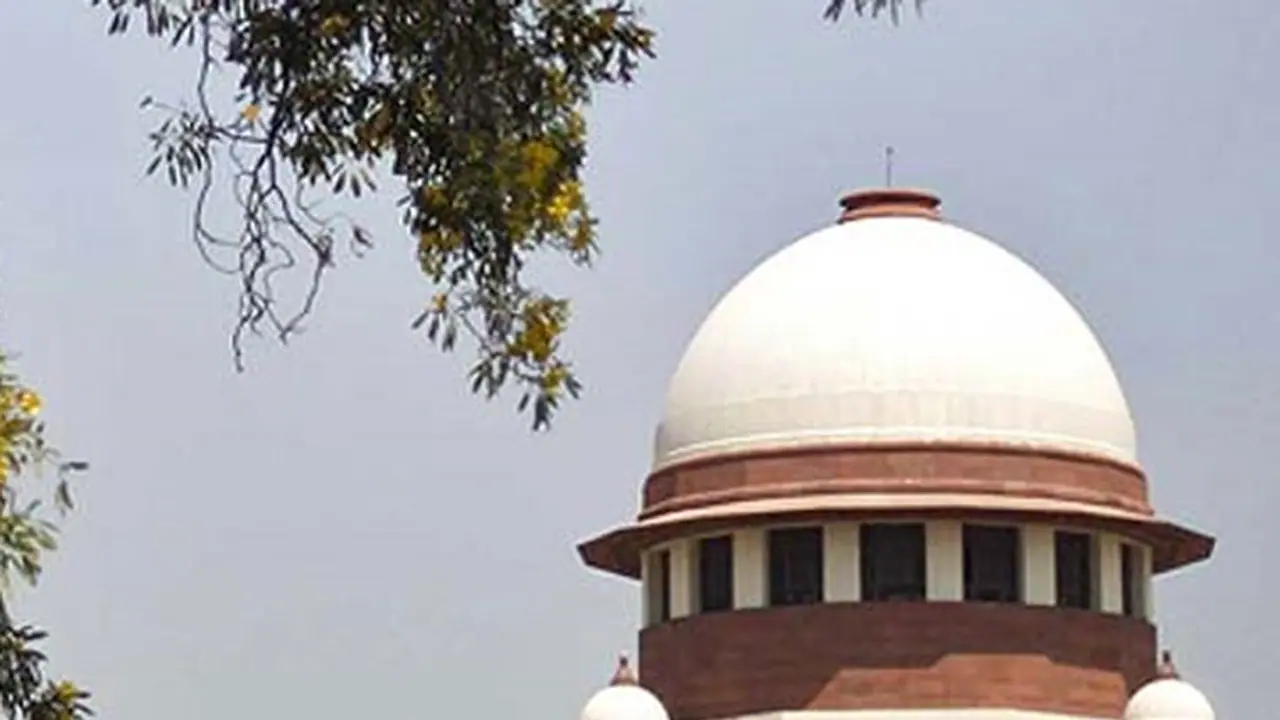The 9-judge bench heard the arguments over the 'Right to Privacy' pertaining to Aadhaar card. Attorney General (AG) KK Venugopal submitted judgments passed during the MP Sharma case, which was heard by the eight-judge bench in 1954 Right to Privacy is the most fundamental of all human rights, by the SC pointed out that it was not an absolute at all times
India's Apex Court in a hearing on whether citizens' privacy is fundamental under the Indian Constitution, said that "Right to privacy is not absolute". The Supreme Court further observed that the right cannot be catalogued as it includes everything.

A bench comprising of 9 judges, including CJI JS Khehar heard the arguments today. The bench comprised justices J Chelameswar, SA Bobde, RK Agarwal, Rohinton Fali Nariman, Abhay Manohar Sapre, DY Chandrachud, Sanjay Kishan Kaul and S Abdul Nazeer.
The decision to form a 9-judge bench was taken by a 5-judge bench during the hearing pertaining to the Aadhaar scheme. Justice Khehar said, "It is essential for us to determine whether there is a fundamental Right to Privacy in the Indian Constitution.
Determination of the question would essentially entail whether the decisions in MP Sharma and Kharak Singh [cases] that 'there is no such fundamental right' is the correct expression of the constitutional question."
He further said, "We have to first determine whether the Right to Privacy is a fundamental right or not before going into the issue [on the constitutionality of the Aadhaar scheme]."
Meanwhile, Attorney General (AG) KK Venugopal submitted judgments passed during the MP Sharma case, which was heard by the eight-judge bench in 1954 and Kharak Singh case heard by a six-judge Bench to discuss the right to privacy as a facet of Fundamental Rights under Article 21 of the Constitution. Incidentally, both the judgements had concluded that the privacy was not a fundamental or guaranteed right.
Venugopal, further said, "The founding fathers of the Constitution gave its citizens all kinds of fundamental rights, [but] the right to privacy was consciously avoided." However, senior advocate Gopal Subramanium said that the "Right to Privacy" was an "inalienable human right" under the Universal Declaration of Rights.
Justice Chelameshwar said, "Textually it is correct today that there is no Right to Privacy in the Constitution. But even freedom of the press is not expressly stated. This court has interpreted it. One can't overlook the constant view held by smaller benches in their later judgments holding that privacy is a fundamental right.
In a Republic founded on a written Constitution, it is difficult to accept there is no fundamental right to privacy... There is a battery of judgments saying privacy is a fundamental right. We cannot ignore them. We have to give serious thought to this question."
Senior Advocate Colin Gonsalves, however, said that the issue was critical. According to a report by the DNA, he said, "Right to Privacy is the most fundamental of all human rights. The judgments [in the two cases] reflect laws of a bygone era."
"The SC will now have to choose between an obsolete or a more modern contemporaneous point of view. It will be the most calamitous thing the SC will ever do if it writes away our right to privacy. The younger generation will never forgive any such pronouncement of law."
Once the issue is resolved by the 9-bench judge, the five-judge bench will then hear arguments on the Aadhaar matter based on the merit or the absence of the Right to Privacy.
Petitions related to collection of biometric data, the mandatory enrollment of the Aadhaar card are pending in the Supreme Court. The government had previously submitted that citizens do not have absolute right over their body, the petitioners challenged this by claiming protection under the Right to Privacy.
